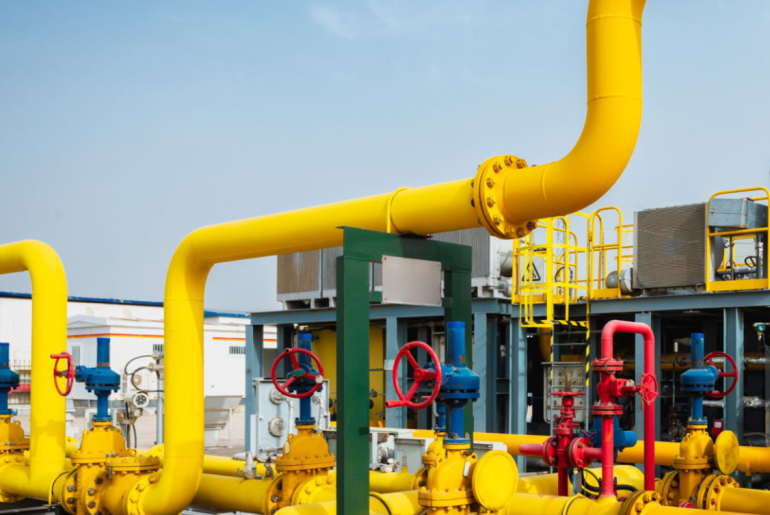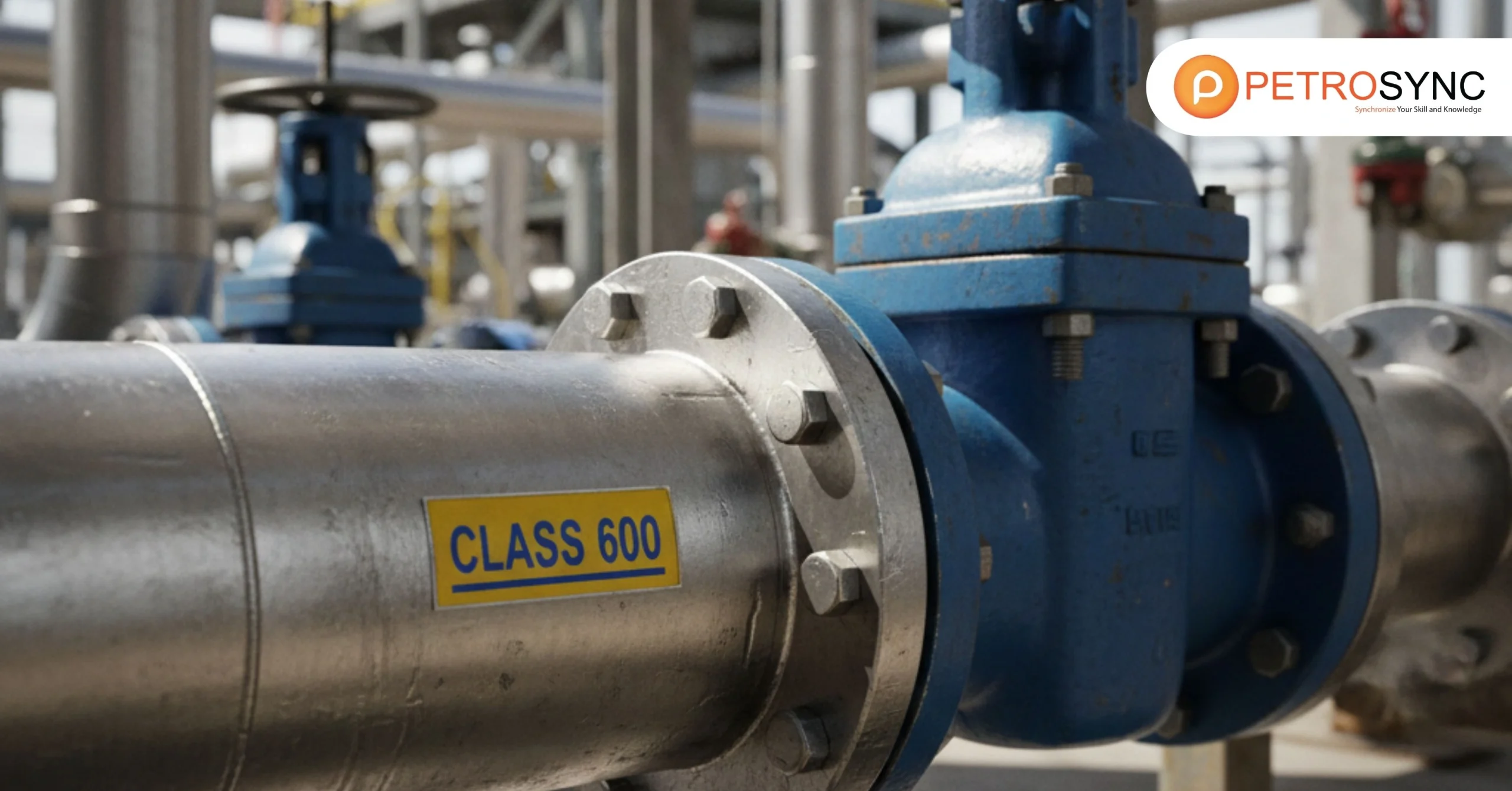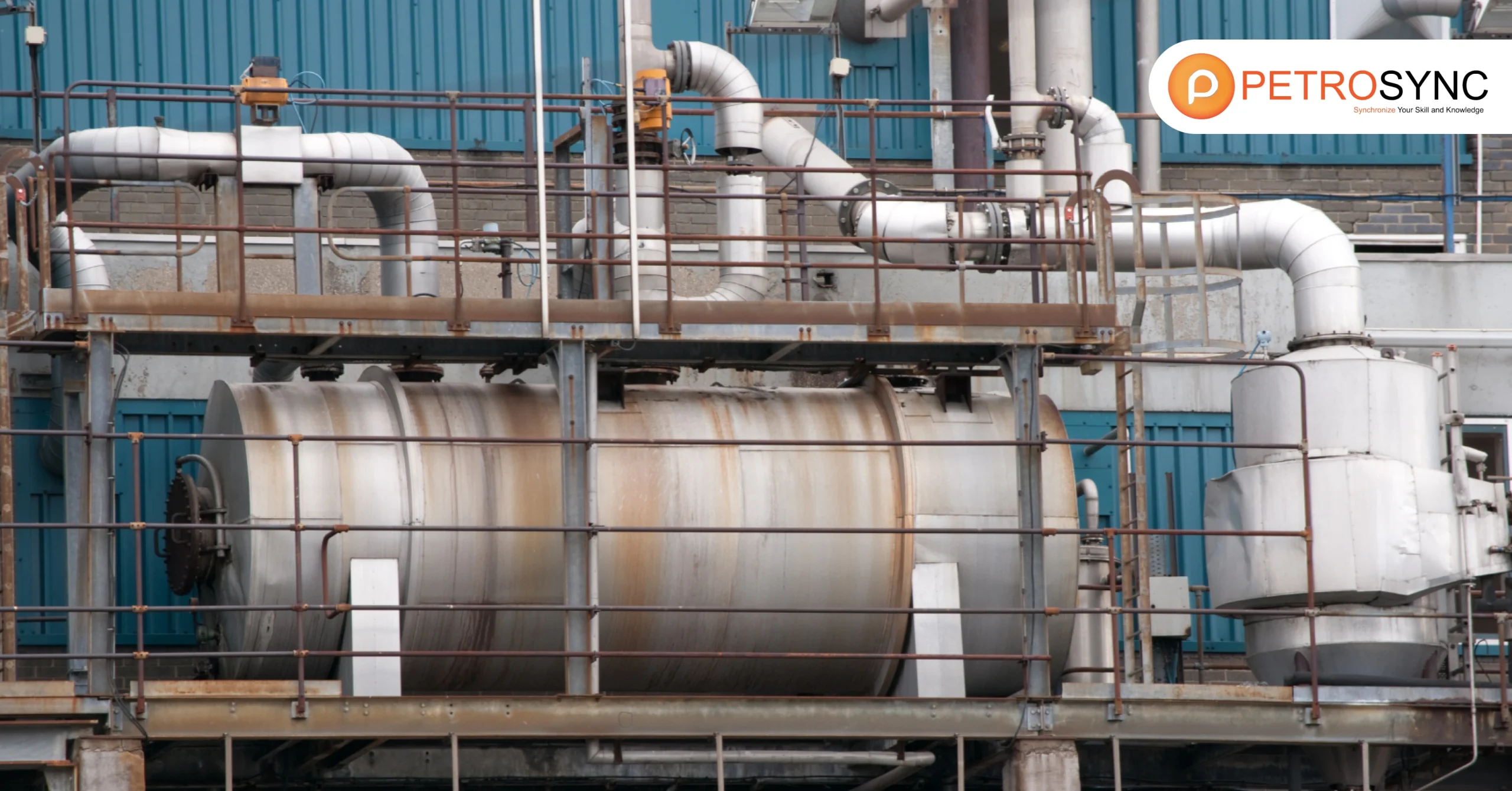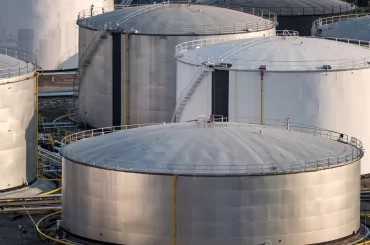If your daily tasks in the industry involve working with piping systems, the role of a Piping Engineer becomes a crucial cornerstone, especially within oil and gas, petrochemicals, and energy. In this article, we delve into the fundamental aspects of this role, shedding light on its responsibilities, the necessary skills, and the indispensable expertise it demands.
What Is a Piping Engineer?
A Piping Engineer is an engineering professional specializing in the design, analysis, and oversight of fluid transport systems. They are integral members of one of the famous engineering groups in the oil and gas, petrochemical, refinery, chemical, power-plant, steel, water, and pharmaceutical sectors. These professionals play a pivotal role in ensuring the efficient and safe flow of resources within various industries, particularly in oil and gas projects.
What Is The Role of A Piping Engineer?
The role of a piping engineer involves designing and overseeing the installation of pipes in various structures. They plan and create the layout for piping systems, ensuring they meet safety and efficiency standards. Additionally, piping engineers collaborate with other professionals to address technical aspects and ensure the proper functioning of pipelines in different industries.
Further, piping engineers play a key role in organizing the arrangement of entire plant facilities, determining the positioning of equipment and process units on the plot, and designing the interconnected piping systems by relevant regulations and standards such as ASME B31.3, ASME B31.1 and API 570.
Their primary aim is to guarantee the secure functioning of facilities throughout their designated design life. This involves a comprehensive approach to ensure the overall safety and efficiency of the piping infrastructure within the specified guidelines. Collaboration with other professionals is essential to address technical considerations and uphold the operational integrity of pipelines across diverse industries.
Is Piping Engineer A Good Career?
Certainly, a career as a piping engineer presents several advantages for mechanical engineers. This field not only provides lucrative packages but also offers valuable core engineering experience. Piping engineers play a critical role in ensuring the efficient functioning of industrial facilities, contributing to high job satisfaction.
Moreover, there are extensive opportunities available globally in the piping engineering domain, making it a potentially rewarding career choice for those interested in engineering and design. The combination of these factors underscores the benefits and appeal of pursuing a career as a piping engineer for mechanical professionals.
How Much Does A Piping Engineer Make?
According to Glassdoor, the approximate total compensation for a Piping Engineer is $109,468 annually in the United States region, with an average annual salary of $93,227. These figures denote the median, which is the midpoint between the low and high ends based on data from our Total Pay Estimate model and user-reported salaries.
The estimated additional pay amounts to $16,241 annually and may encompass cash bonuses, commissions, tips, and profit sharing. The “Most Likely Range” signifies values falling within the 25th and 75th percentiles of all pay data available for this role.
What Is The Difference between a Piping Engineer and a Design Engineer?
A piping engineer specializes in planning and creating the layout for piping systems within various structures, ensuring adherence to safety and efficiency standards. They collaborate with other professionals to address technical considerations and guarantee proper functionality.
In contrast, a design engineer has a broader role, overseeing the overall design of project elements beyond piping. They are responsible for conceptualizing and detailing components, systems, or structures, considering factors such as functionality, aesthetics, and safety.
However, there is a distinct difference between the two roles. Engineering encompasses the entire mechanical procedures, while designers specifically focus on the piping and layout of tools and process units in petrochemical or hydrocarbon contexts.

The distinction highlights that while piping engineers contribute to the overall mechanical processes, design engineers concentrate specifically on the design of piping systems and related elements within specific industries.
What Are Some Recommended Piping Engineer Certification?
1. API 570
The API 570 course is centered around the inspection, repair, alteration, and rerating of in-service piping systems, emphasizing industry standards and practices.
|
Course Focus |
Expected Outcome |
Suitable for |
| Inspection, Repair, Alteration, and Rerating of In-Service Piping Systems | Competence in assessing, repairing, and maintaining in-service piping | Piping Inspector, Integrity Engineer, Maintenance Engineer |
2. ASME B31.3
ASME B31.3 training focuses on the Process Piping Code, providing comprehensive guidance on the design, fabrication, inspection, and maintenance of process piping systems.
| Course Focus | Expected Outcome | Suitable for |
| Design, Fabrication, Inspection, and Maintenance of Process Piping Systems | Proficiency in adhering to industry standards for process piping | Piping Engineer, Process Engineer, Pipeline Engineer |
3. ASME PCC-2
ASME PCC-2 course pertains to the Repair of Pressure Equipment and Piping, offering insights into the principles and methods for the repair of damaged pressure vessels and piping.
| Course Focus | Expected Outcome | Suitable for |
| Principles and Methods for the Repair of Pressure Vessels and Piping | Expertise in the repair of damaged pressure equipment and piping | Pressure Equipment Engineer, Piping Maintenance Engineer, Asset Integrity Engineer |
In conclusion, a career as a piping engineer holds significant promise and potential. Piping engineers play a crucial role in designing, maintaining, and ensuring the efficiency of piping systems in various industries. With a focus on safety, adherence to industry standards, and the intricate details of process piping, professionals in this field contribute to the seamless operation of industrial facilities.
The demand for skilled piping engineers is substantial, given the continuous growth of industries worldwide. As these professionals bring valuable expertise to the table, the career potential in the field of piping engineering is indeed considerable.
To enhance your proficiency and stay abreast of industry developments, we recommend you to consider PetroSync courses. Our range of topics related to piping engineering such as ASME B31.3 Training, API 570 Training and ASME PCC-2 Training can provide invaluable insights, equipping you with the latest knowledge and skills needed in the dynamic field of piping engineering. By taking these courses, you can refine your expertise and position yourself for rewarding opportunities in this ever-evolving sector.
Credit header image: iStock

SEO specialist by day, fact-checker by night. An avid reader and content writer dedicated to delivering accurate and engaging articles through research and credible sources.






